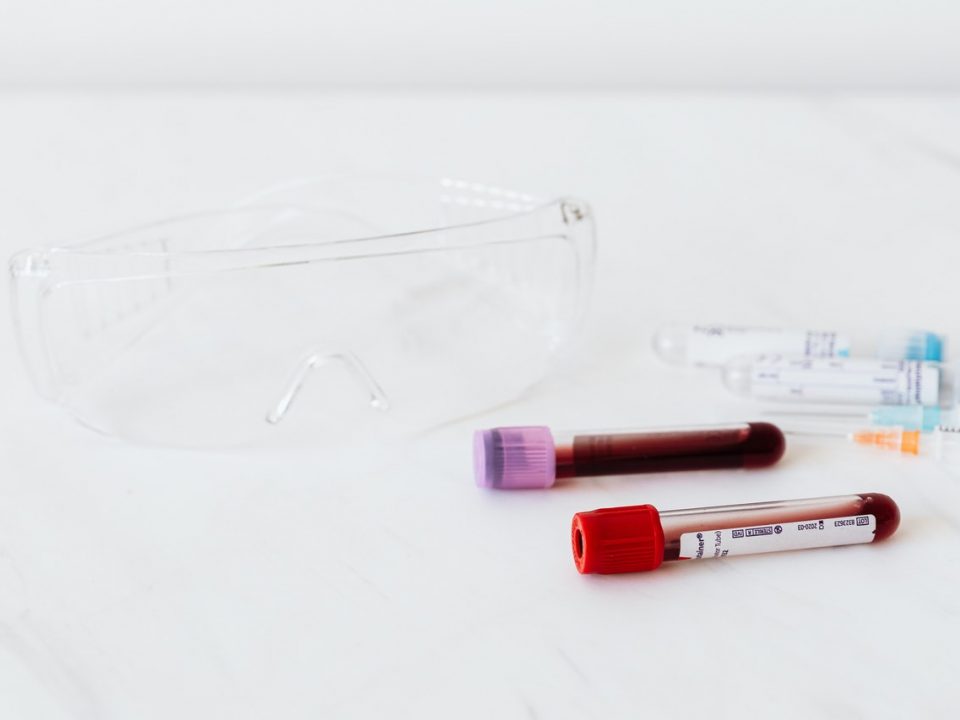Denise van Outen considers surgery
More than just face value
The academic journal Plastic and Reconstructive Surgery has recently done some research on the effects of reality cosmetic surgery shows and their influence on prospective patients. The results are quite startling.
Out of the people interviews, 80% said that they had been directly influenced by cosmetic surgery reality TV shows with over half of respondents saying that they watched at least one cosmetic surgery show on a regular basis. Most admitted that the shows had played a large role in their decision to opt for cosmetic surgery.
The research brings up a lot of questions are the shows just harmless entertainment? Would the patients have undergone cosmetic surgery anyway if the shows had not been on? Or are the shows encouraging more and more people to go under the knife?
To try and answer these questions, let’s take a look at the figures. According to the American Society of Plastic Surgeons, around 1.8 million cosmetic surgery procedures took place last year a 2% increase on 2005. There were around 9 million non-invasive procedures such as Botox and laser hair removal done in the same period an increase of 8% over 2005. So if the shows are persuading people to go under the knife, the numbers of people are not really that great.
However, the programmes do seem to be a big factor in influencing people who otherwise might still be sitting on the fence. Around 79% of patients said that television/media influenced their decision to pursue a cosmetic surgery procedure. Only 12% said that they had never seen a cosmetic surgery reality TV show.
Cosmetic surgery was around long before the reality TV market cottoned onto it and this may account for why the percentage increases in people going for surgery are not increasing by all that much many of these people will be aware of cosmetic surgery and what it achieve before they see the reality TV shows. In fact the interest in cosmetic surgery and the increase in people prepared to go under the knife is probably what caused the programs making and popularity in the first place.
Access to information is getting ever easier and surgeons have reported that many patients come in already clued up about their surgery although it can be hard for the untrained amongst us to discern between good and bad information. The more information the public has, the less taboo and more accepted cosmetic surgery becomes. Cosmetic surgery shows have positive aspects they can be used as an educational tool, to show the progress from ‘before’ to ‘after’ however we mustn’t forget that they are primarily entertainment shows, not educational ones. This means that the bigger picture is often missed and the viewer can get a skewed or incomplete picture of cosmetic surgery, resulting in unrealistic aims and expectations. With many of these programs focusing on the lives of the patients rather than the surgery itself, some viewers may focus on the quick-fix life-changing experience, whereas in reality, cosmetic surgery cannot offer to change their lives for the better.
The bottom line is that the cosmetic surgery reality TV market can be used for the good. However, the ultimate surgery decision should be a joint decision made by the patient and the doctor and the doctor should be in the room and not sitting in a television studio miles away.





